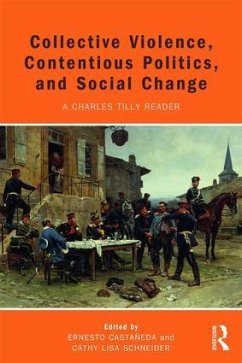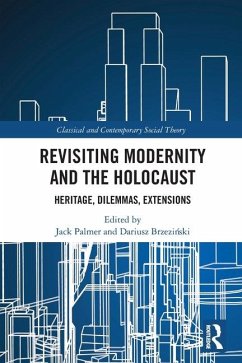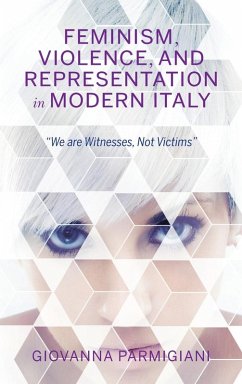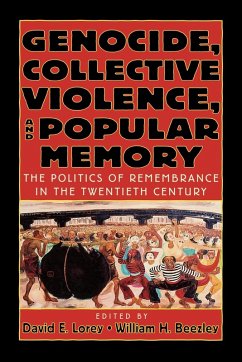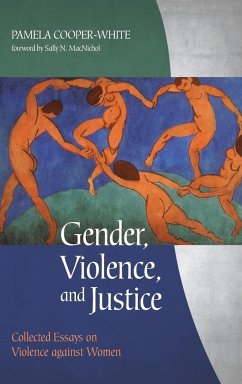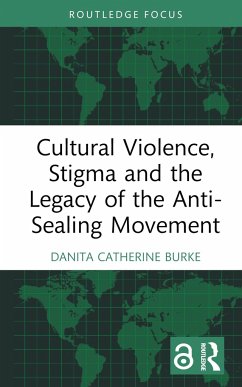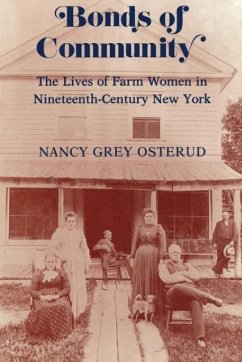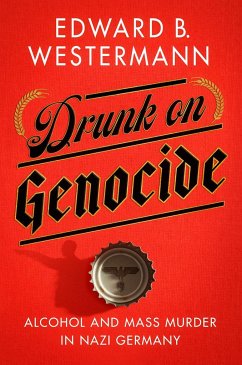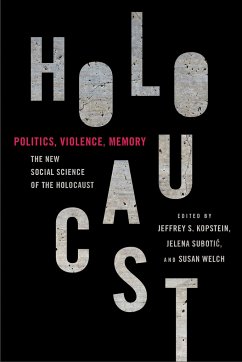
Politics, Violence, Memory
The New Social Science of the Holocaust
Herausgeber: Kopstein, Jeffrey S.; Welch, Susan; Subotic, Jelena

PAYBACK Punkte
22 °P sammeln!
"This book highlights important new social scientific research on the Holocaust and initiates the integration of the Holocaust into mainstream social scientific research in a way that will be useful both for social scientists and historians"--





